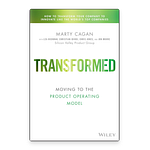by Stephen R. Covey
In today’s organizations, many people feel undervalued, unseen, and unable to use their talents fully. Covey argues this isn’t a personal failing—it’s a symptom of outdated Industrial Age management. Companies still cling to top-down, command-and-control systems, even though the real value in modern organizations comes from initiative…











